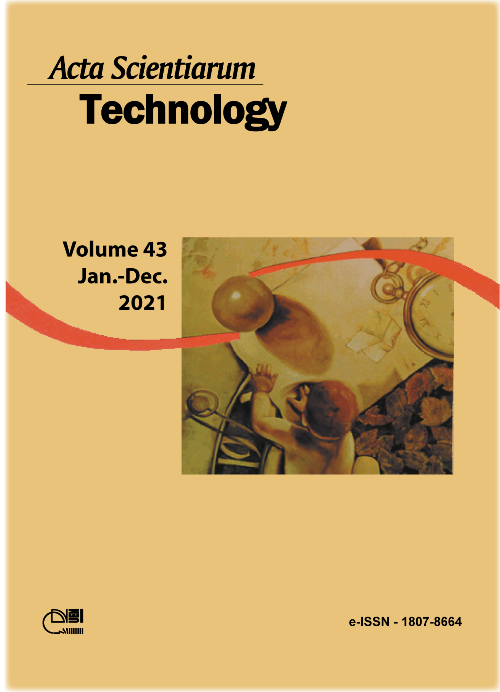Economic feasibility analysis for co-generation of power by diesel generator at peak time: Monte Carlo simulation approach in a hospital
DOI:
https://doi.org/10.4025/actascitechnol.v43i1.50965Keywords:
Monte Carlo simulation; economic risk analysis; diesel generator; net present value, health care.Abstract
The cost of electricity in hospitals represents a significant portion in its context of operating expenses. Therefore, it is important to constantly think about ways to reduce this cost without losing the quality and reliability required for hospital care activity. It is well known, that reducing electricity consumption has a direct impact on the effective management of hospital cash flow, so it is imperative to rationalize this resource. In this context, the objective of this paper focuses on analyzing the economic feasibility of purchasing and using a diesel generator to find the peak hour demand and verifying financial uncertainty by applying a Monte Carlo simulation approach to risk analysis. The target hospital of this research is located in southeastern of Brazil and it is part of a foundation that covers educational and assistance activities, serving the local population and thousands of patients during the year. Finally, the economic risk analysis applied through the Monte Carlo simulation found that the acquisition of the aforementioned diesel generator has a very high probability of viability. Therefore, it is verified that the investment is viable and attractive from the hospital's economic and operational point of view, while the Net Present Value remains positive, with the expected value of R$ 868,358.84, considering the risk and uncertainty analysis having an attractive internal returning rate of 78.76% per year.
Downloads
Downloads
Published
How to Cite
Issue
Section
License
DECLARATION OF ORIGINALITY AND COPYRIGHTS
I Declare that current article is original and has not been submitted for publication, in part or in whole, to any other national or international journal.
The copyrights belong exclusively to the authors. Published content is licensed under Creative Commons Attribution 4.0 (CC BY 4.0) guidelines, which allows sharing (copy and distribution of the material in any medium or format) and adaptation (remix, transform, and build upon the material) for any purpose, even commercially, under the terms of attribution.
Read this link for further information on how to use CC BY 4.0 properly.















8.png)




